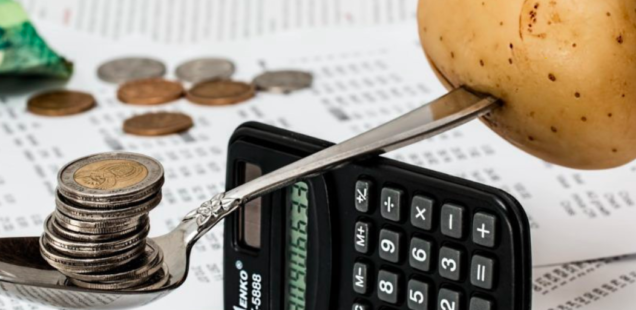
As Your Life (And Business) Grow, Consumption Becomes Investment
I’ve been in a few long-term difficult financial situations over the past few years:
-
I remember handing my passport to the hospital in Thailand as collateral so that they would treat my snake bite, because I didn’t have $60.
-
I remember crossing into Laos and paying a visa-overstay fee that left me with $15, entering into a new country with basically nothing.
-
I remember eating the 50-cent liver meals in the Philippines, because I was working for free for a resort in exchange for a room.
To this day, I feel a super-strong desire to protect every penny… but, you reach a point where your frugality starts to hurt you.
The Reason: Saving Money Is Often A Tradeoff, Where You Lose Time
As an example, in order to save money I’ve booked AirBnBs in the ghettos of Lima, Peru, Cape Town, South and other places as well. “A penny saved is a penny invested in dividend-paying British Petroleum stock” so screw it, let’s book it.
While I’m there…
-
The Wifi goes out and I need to trek to an Internet café in town every day to work. The ‘location independent’ digital nomad now has a 45-minute commute.
-
Every day, I’m worried someone one will steal my computer. I go outside and hear gunshots. Some kid’s face gets blow off down the street on Monday, and I still need to get to that Internet café.
-
Because of the commuting, eating out, and what seems like gallons of unnecessary coffee… I spend about the same amount of money anyway. (And I have the caffeine jitters)
If you’d just spent a bit more, I’d be in a place with Wifi, free coffee in the lounge, and breakfast included. I’d wake up, open the laptop, and get to work.
As Your Life (And Business) Grow, Consumption Becomes Investment
Not all consumption becomes investment, but things that saves you time, even if they are more expensive, convenient and luxurious become practical business investments, rather than the splurge they appear to be.
-
People cooking for you, doing your laundry, and cleaning up after you.
-
Uber Black to get around, or a personal driver and car.
-
Flying 1st class instead of economy, or flying economy instead of taking a 7-hour bus.
-
Buying a more expensive house in a safer neighborhood.
-
Eating at the nice restaurant, where you can safely work on the computer as you eat.
-
Buying higher-end technology, that runs fast without any issues.
-
Staying in a nice downtown hotel, rather than a cheaper out-of-town location.
-
Even buying an expensive $25,000 private vacation, instead of spending $1,000 for the budget version, could be an investment if it is more streamlined, keeps you safer, and perhaps gets you around the ‘right’ people.
Many of these things, which appear to be unnecessary consumption (and that sometimes make people jealous) are actually practical business investments, and sometimes necessary to protect the person’s time, focus or safety.
For some very successful people, things like a private jet, a yacht, a big mansion, or even a private island are (at least partially) investments… allowing for quicker travel, a place to entertain clients, the space to house live-in help, or the privacy to find peace away from the paparazzi.
Consider how much less productive Tesla and Space-X would be if Elon Musk took the 9-hour bus between San Franciso and Los Angeles twice per week.
The Most Important Factor (in my humble 24-year-old opinion) is that you keep the investor mindset at all times. If you’re going to spend money on any of the things listed above, it should be for a reason like one of these:
-
“If I pay for this flight, rather than the bus, I’ll have all day to do product research in the hotel, rather than just listening to podcasts on the bus all day.”
-
“If I buy this meal in the expensive financial district, I’ll be able to meet with all 3 potential clients in their offices today.”
-
“If I buy a $2,500 Mac instead of a $500 Dell PC, I’ll be able to work faster on a user-friendly platform.”
-
“If I book this private Uber rather than taking a local bus, I’ll be able to safely use my iPhone to learn Chinese on the way downtown.”
Personally, I find that it’s very difficult to see how any of this is possibly worth it… until it’s worth it for you.
Spending $3,000 on a first-class airline ticket, rather than spending $500 to fly economy and re-investing the remaining cash, won’t make sense until your business is earning $5,000,000/year and you need to be well rested for an important negotiation in Germany the next day.
The next time you look curiously at the 1st-class passengers sipping their welcome champagne and wonder, “Why are they paying $3,000 for a hot towel to wash their hands?” realize that it’s probably more about time rather than the champagne flute of the coincidental hot towel upon landing.
